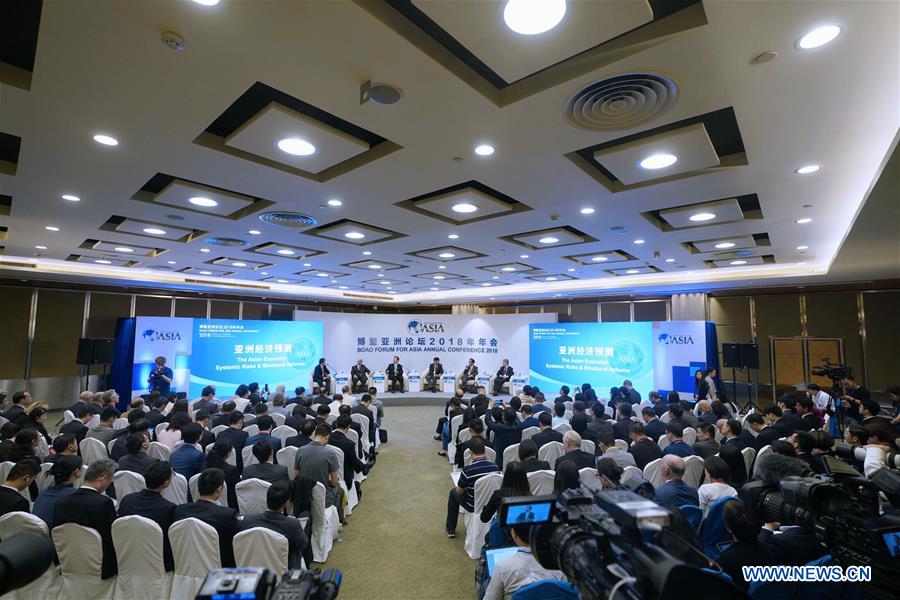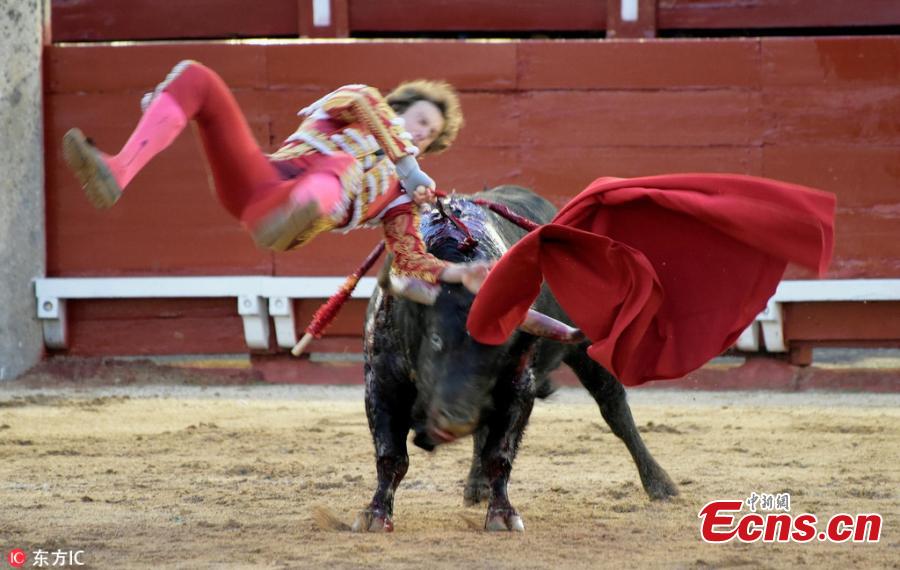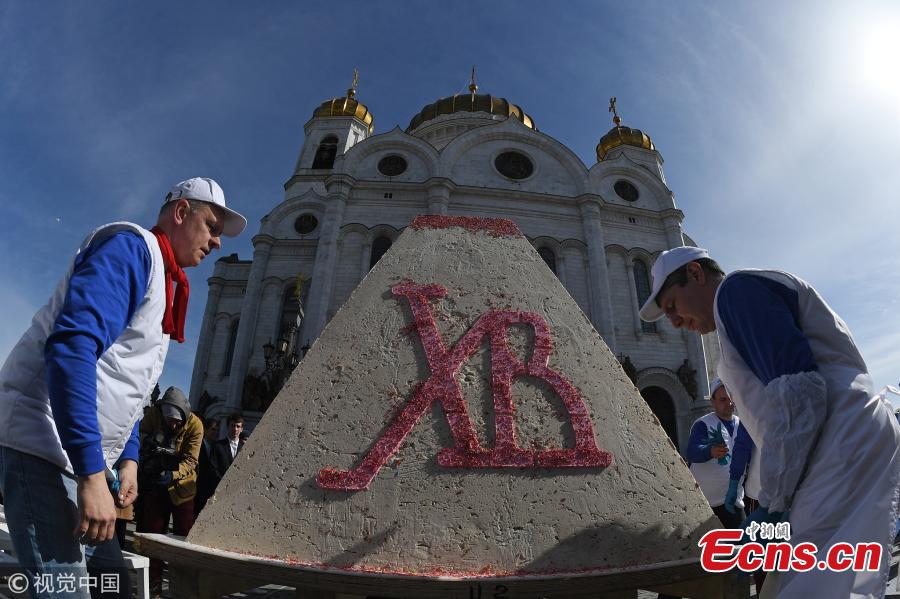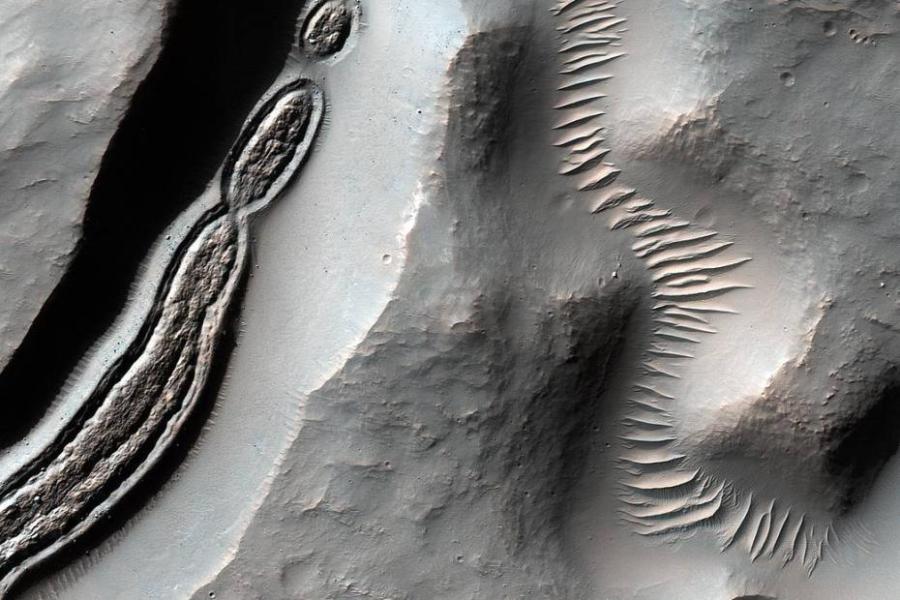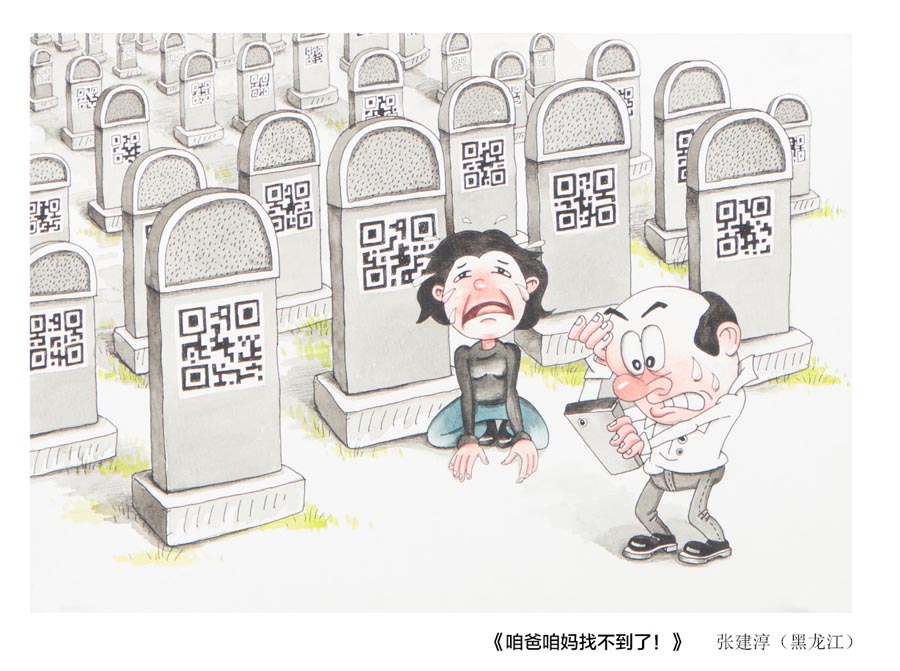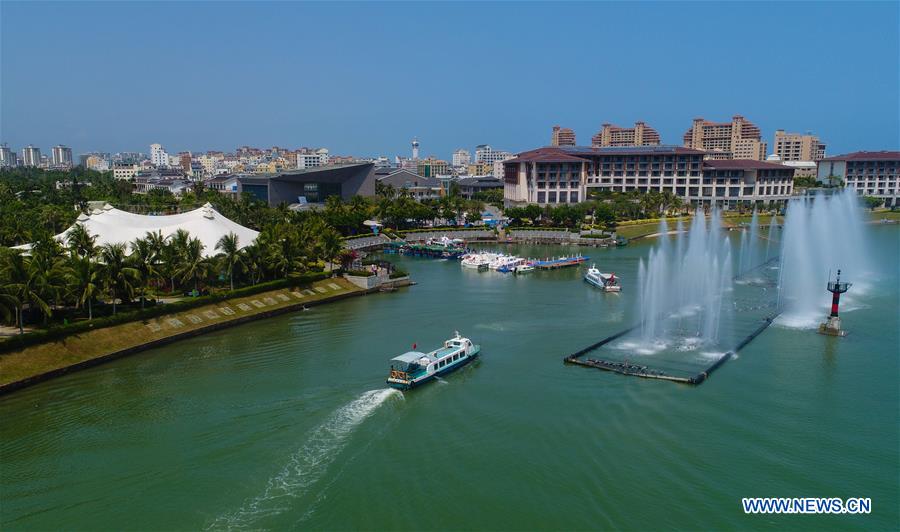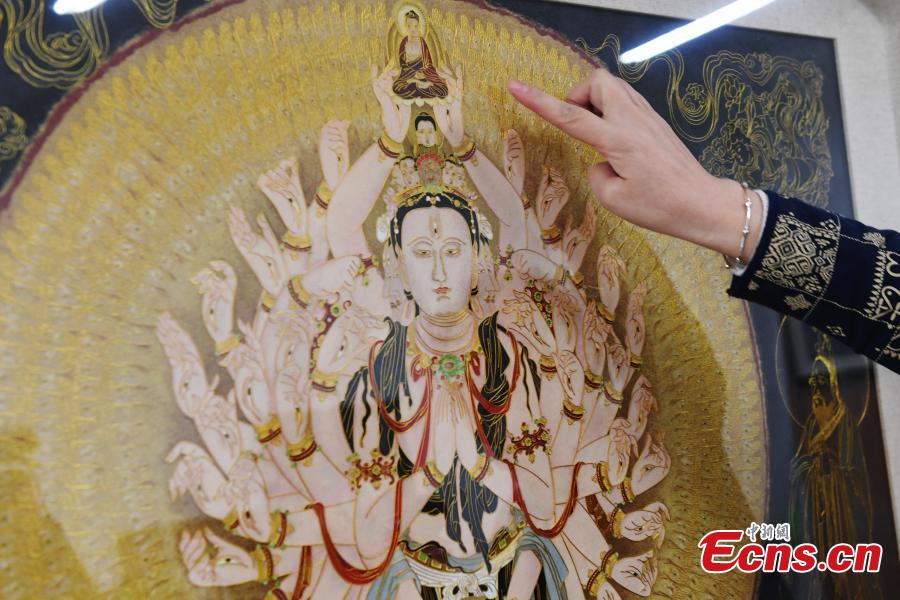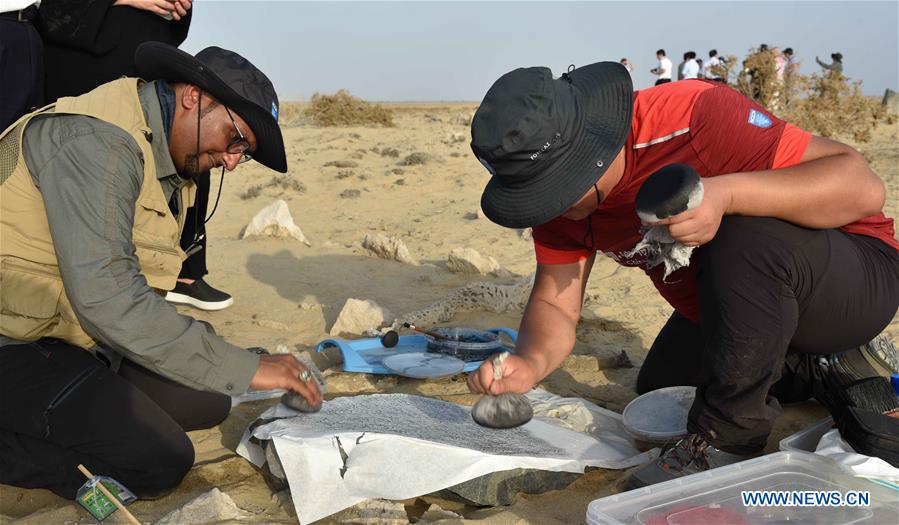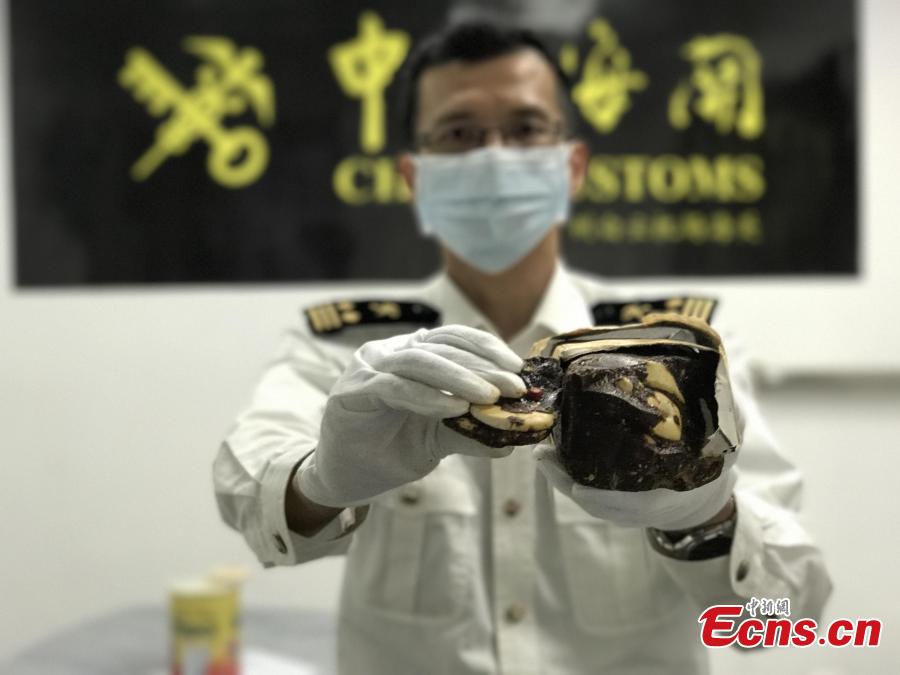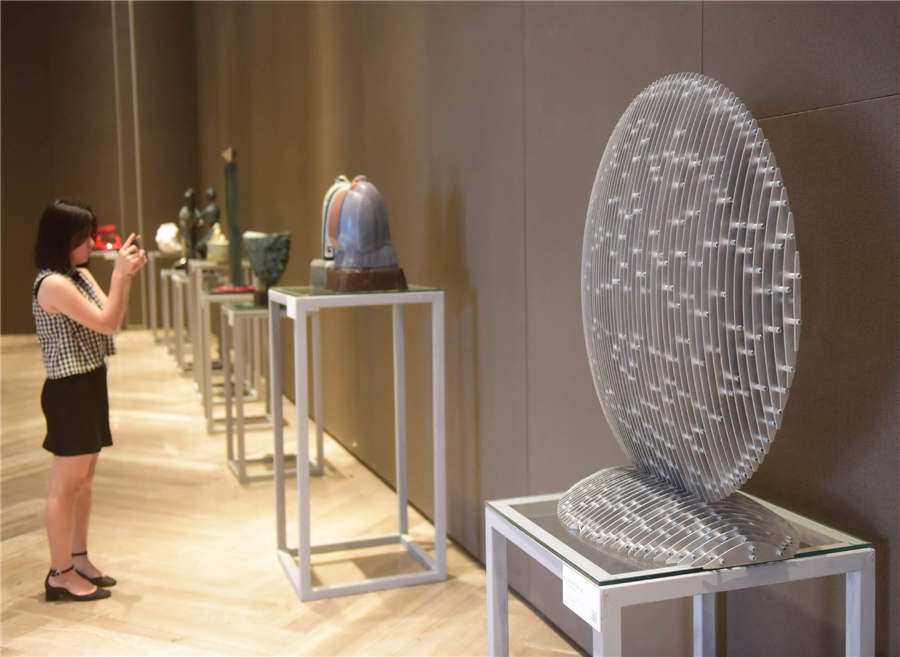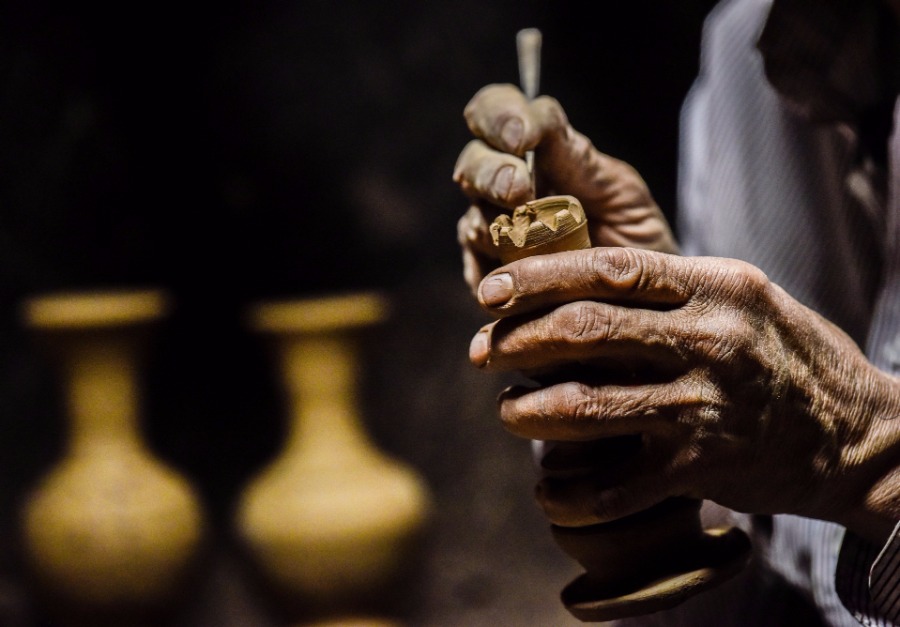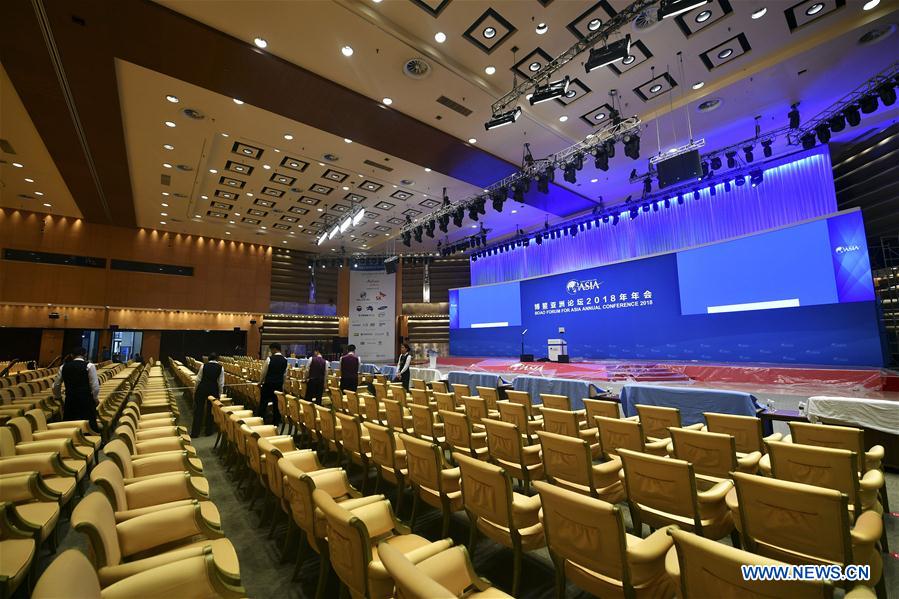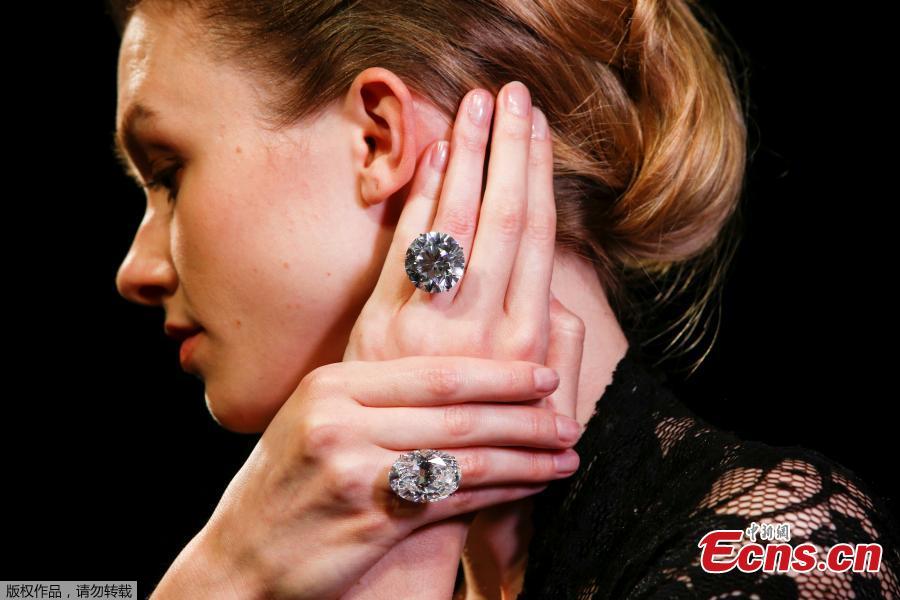Calls are mounting for the return of a 3,000-year-old bronze water vessel that was likely looted from Beijing's Yuanmingyuan, or Old Summer Palace, in 1860.
The Western Zhou Dynasty (c. 11th century-771 BC) relic is set to be auctioned at Canterbury Auction Galleries in London on Wednesday, with an anticipated selling price of 120,000 pounds to 200,000 pounds ($168,000-$280,000).
Documents found by the United Kingdom auction house suggest Royal Marines Captain Harry Lewis Evans (1831-83), who fought in the Second Opium War between 1856 and 1860, could have looted the so-called Tiger Ying when the Old Summer Palace was destroyed and sacked by British and French troops in 1860.
Cheng Xiaohe, an associate professor of international relations at Renmin University of China, said the issue is of importance to the Chinese people because the "burning of Yuanmingyuan has been a symbol of shame for Chinese people for many years".
"The Tiger Ying was taken by the British soldier, who is a real historical figure. Therefore, this act of plunder is an eternal pain in the hearts of the Chinese people," Cheng said.
"The evidence that the Evans family illegally possessed the relic is a strong support for China to claim it back," he said, noting that if it were returned to Beijing, the act would enhance Sino-British relations.
But legal experts in the UK said China has little or no legal claim in international courts because it was taken more than a century ago.
Ian Fox-Williams, deputy head of the School of Law at Birmingham City University, said China has been trying to secure the return of looted items of national importance ever since the first international treaty dedicated to fighting illegal trafficking in cultural property was introduced in 1989.
"However, whilst it did sign the 1970 UNESCO convention concerning the protection of world cultural and natural heritage, China as a country can only seek the return of artifacts illegally exported after it joined the convention," Fox-Williams said. "Under English law, the innocent purchaser of the Tiger Ying vessel... will be given priority over rights to the vessel."
Fox-Williams suggested that another possible solution in such situations could have been found under the 1995 International Institute for the Unification of Private Law Convention, which requires prospective buyers of artifacts to perform due diligence before buying items. But China did not sign that convention until 1997.
"The quickest and easiest way of returning the Tiger Ying home to China will depend upon the wishes of the highest bidder," he said. The urn is not the first relic to be auctioned in Britain that likely came from the Old Summer Palace.
In 2011, an imperial gilded metal box turned up at an auction in Salisbury with an inscription inside the lid that said "Loot from the Summer Palace, Pekin, Oct. 1860. Capt. James Gunter, King's Dragoon Guards". It sold for 400,000 pounds.











